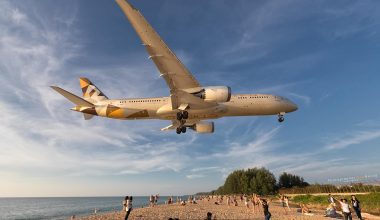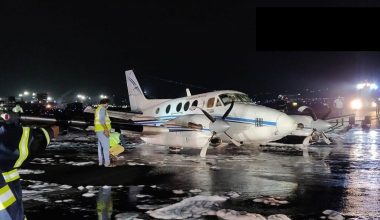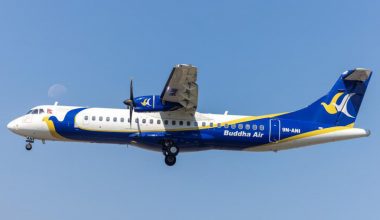Thai Airways International stated Wednesday that Chansin Treenuchagron, the airline’s acting chief executive officer, had resigned.
Suvadhana Sibunruang, the carrier’s head of human resources, would assume over as acting CEO, the airline announced in a report. The news emerges after the airline’s reorganization plan being authorized by a court. Chansin will continue to serve as the carrier’s business rehabilitation director.

Court decision for US$12.9b debt for recovery plan
Thai Airways International received court permission on Tuesday to restructuring a US$12.9 billion financial strain as the carrier tries to turning back its woes.
The court decision eliminates the last impediment to the plan’s execution, which is regarded as crucial for the airline, which reported a staggering loss of nearly US$4.5 billion last year.
The Central Bankruptcy Court of Bangkok stated that “in its ruling that it authorized the recovery plan. It made no modifications to the project approved by creditors.
A hearing was adjourned following two objections made by specific creditors against the proposal.
A five-member committee, led by interim CEO Chansin Treenuchagron and former CEO Piyasvasti Amranand, will manage the program, which would address the carrier’s 400 billion baht (S$17.05 billion) debt.

Mr. Piyasvasti led the company from 2009 to 2012, when it was prosperous.
Even before the coronavirus outbreak, the company was in trouble halted thousands of aircraft worldwide, with booking losses almost every year following 2012.
Mr. Somboon said the strategy to restructure 170 billion baht of debt depends mainly on loan extensions and deficit modifications and restricts most haircuts to late loan repayments. Additionally, the airline was decreasing its debt to aircraft lessors.
Lease agreements for 16 aircraft were terminated, and the debt renegotiated, chief financial officer Chai Eamsiri said at a press conference. He said that the carrier was in discussions with government and commercial financial firms to raise 50 billion baht in additional capital to help with working capital.
In March, the airline stated that it would reduce its fleet size to 86 aircraft by 2025, down from 103 currently. Thai Airways reports cost savings of 30 billion baht.
Although the Thai government owns 47.86 percent of the airline, this is not subject to the country’s state-enterprise legislation.
Thai Airways restarted service connecting European cities and Thailand’s vacation island of Phuket this month, expecting a government initiative that would exempt vaccinated visitors from obligatory quarantine.
It anticipates carrying about 1,000 people in July. Analysts attribute the airline’s difficulties with cost and long-haul competitors to internal bottlenecks.






